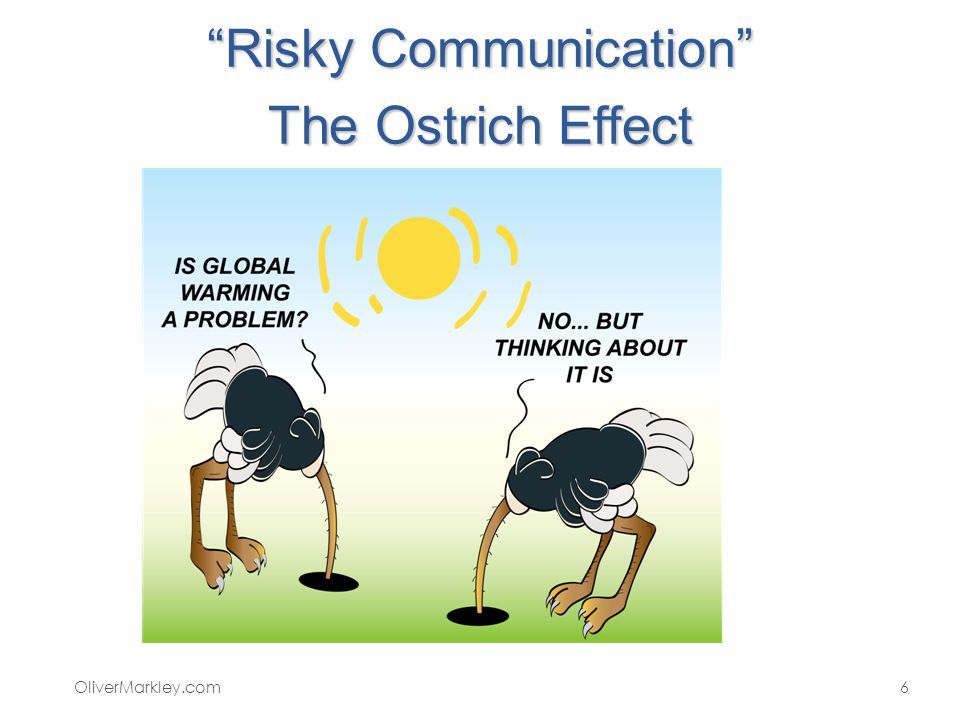The Ostrich Effect
May 16, 2019 • 173 views

This is a flock of ostriches, only birds to have two-toed feet. What comes to our mind when we hear the name of an ostrich? The fact that it's the largest flightless bird on the earth. That this African native is also the heaviest bird out there, with a kick so powerful that could kill a human or even a predator like a lion. But along with having such majestic characteristics, ostriches are also associated with a not-so-great fabled fact, used as a metaphor. That is, ostriches are said to (which isn't true , actually) bury their heads in sand upon sensing fear/danger, unconsciously, yet actively denying the existence of the problem.
In behavioral economics/ cognitive psychology, that's what is the basis of the Ostrich Effect.
The term was coined by the renowned behavioral Economist George Lowenstein (Carnie Mellon University) in the context of investors sticking their heads in sand during lousy markets.
"The ostrich effect is a cognitive bias that causes people to avoid situations where they might encounter information that they perceive as negative. This form of thinking is attributed to the concept of selective exposure, which leads people to be selective in how they acquire information, by choosing which new information they want to process, and which information they prefer to avoid (the ones that are unpleasant to deal with). "
In Layman's language, this is basically ignoring the bad things happening; stalling to deal with your problems to an extent that their effect is compounded. And when you finally face your issues, you are full of anxiety and may make irrational choices.

It is said that - Ignorance is Bliss. But when one out rightly ignores a discomforting, but important information to save oneself from the resultant perturbation, that is feigning ignorance. And this feigned ignorance is not bliss; it is fear; it is impotence; it is basically all the ingredients that constitute the recipe for unhappiness.
Several innocent acts of ours can be attributed to the Ostrich Effect. Like-
A person facing health issues but not consulting a doctor; considering it trivial; thinking that it would be cured on its own. He is just running away from the consequences, believing what he doesn't know wouldn't hurt him.
A person engaged in a new avenue, like- picking up a new language, developing a new habit, adopting a new fitness routine to stay healthy, etc. and intolerant towards true feedback.
Somebody in denial of the consequences of his own actions.
.
.
.
All these examples involve people basically embracing the Ostrich Effect.
Alas, but the truth is-
You can't run away from your problems forever. You will get tired. Moreover, there ain't no place that far.
Hence, the right thing to do is - acceptance, not ignorance. For ignorance may be bliss, but knowledge is power.
Accept the consequences, accept your failure, accept the changing charades, accept the new in you. And, adapt accordingly.Face your demons and fight them. If you can't do so, solve your issues. If you can't do that too, learn to manage your problems. Always question yourself if you find yourself going off the track. If you can't do so, appoint someone else to keep you straying away. And, always remember
There is one truth, only one. And it can be bitter. But, it certainly doesn't depend upon your ability to stomach it.
